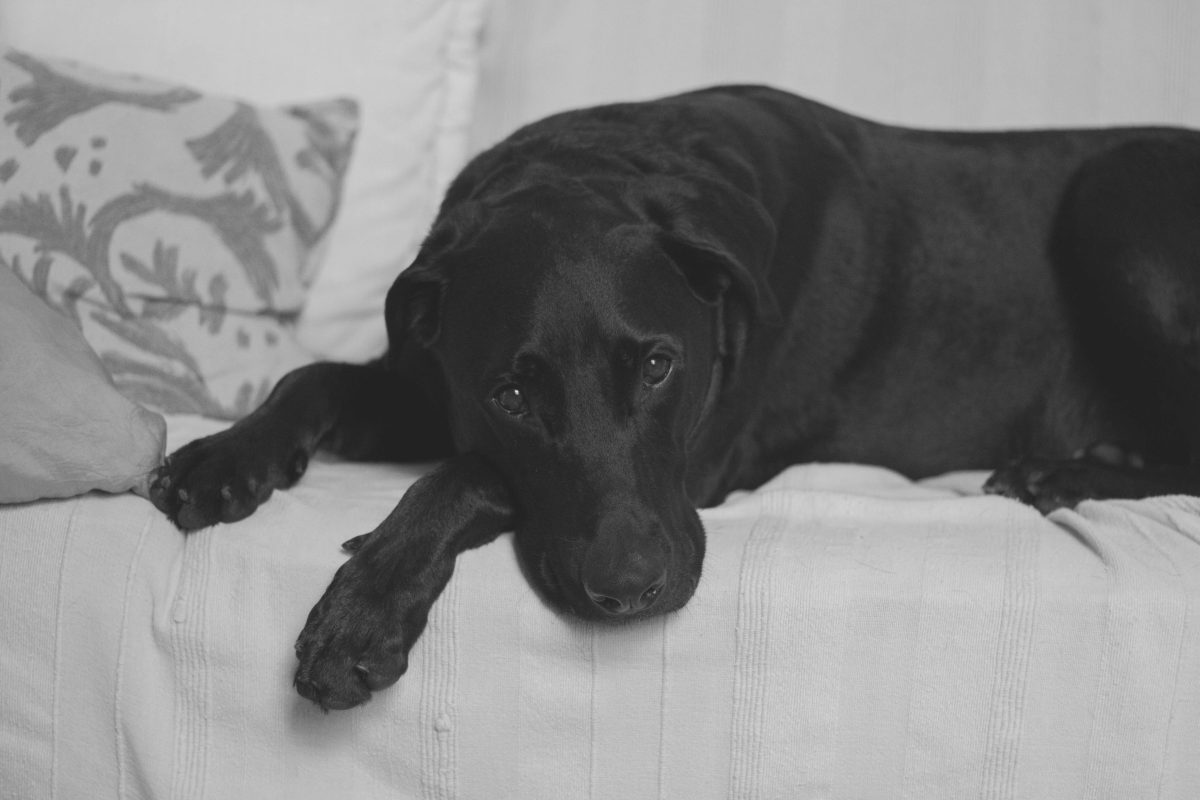
New dog breeding restrictions are now in place in NSW. Photo: Isabela Kronemberger/Unsplash.
A shake-up of dog breeding laws in NSW has resulted in a limit being placed on the number of female adult dogs on any premise but it remains to be seen if the new legislation has any real teeth.
A law was passed late last year to strengthen restrictions around puppy farming in NSW, making it illegal for breeders to have more than 20 female adult dogs on any premises.
However breeders who had more than 20 female adult dogs as of 21 November, 2024, can apply for a 10-year exemption – pushing the deadline out until 1 December 2035.
Across the border in Canberra, RSPCA ACT CEO Michelle Robertson said the limit appeared “quite arbitrary”.
“The numbers [of breeding dogs at some premises] are higher than 20 at the moment, so at least it’s bringing that number down,” she said.
“You’ve got to start somewhere … The cap on breeding females does not, on its own, achieve this.”
A NSW Department of Primary Industries and Regional Development (NSW DPIRD) spokesperson said the new limits were intended as a minimum standard.
“Overarching feedback from targeted stakeholders welcomed action to ban puppy farming, addressing long-standing animal welfare concerns,” they told Region.
The spokesperson also said the six-month marker was an easy way to confirm the age of dogs, as their adult teeth grew in by about the five-month stage.
The legislation means breeders need an identification number and must have one staff carer for every 20 adult dogs at their facility.
It restricts how many litters female dogs can have (they can give birth to a total of five litters or three through a C-section, whichever comes first).
Breeders granted the 10-year exemption need to follow specific conditions, such as being audited and submitting annual reports.
If they’re not granted one, however, they need to comply with the cap from 1 December this year.
Those who had more than 50 female adult dogs (and have an exemption) will then need to bring the number down to 50 or below by 1 December 2026.
Ms Robertson said people could use simple strategies to ensure they were buying from an ethical breeder.
“Often, if they ask you questions and they want to make sure that their animals are going to a good home, then you can take some comfort in that,” she said.
“If you want a specifically bred dog, be responsible and do your due diligence … make sure you understand how the animals are kept and that you don’t inadvertently support people who aren’t doing the right thing in their breeding practices.”
Ms Robertson recommended asking for reports on the animal, including vaccination and deworming information, and seeing the puppy’s mother and father.
Further information on the new restrictions can be found on the NSW DPIRD’s website. Exemptions cost $550 and applications can be made through the Office of Local Government’s website before 13 July.








